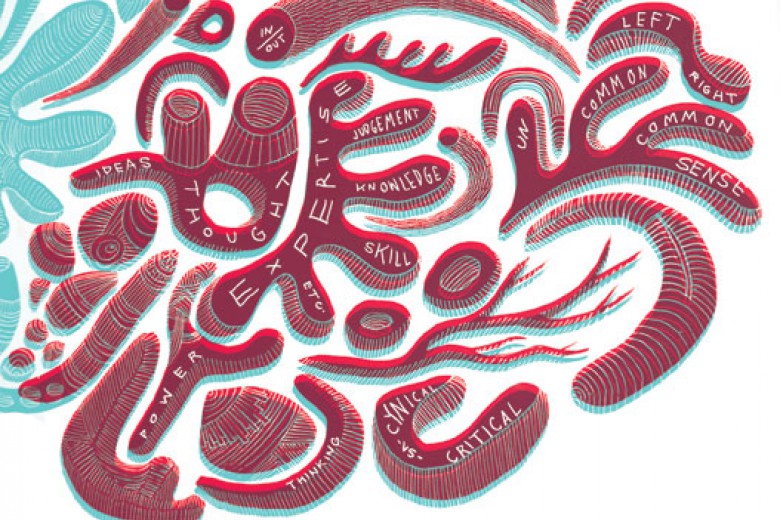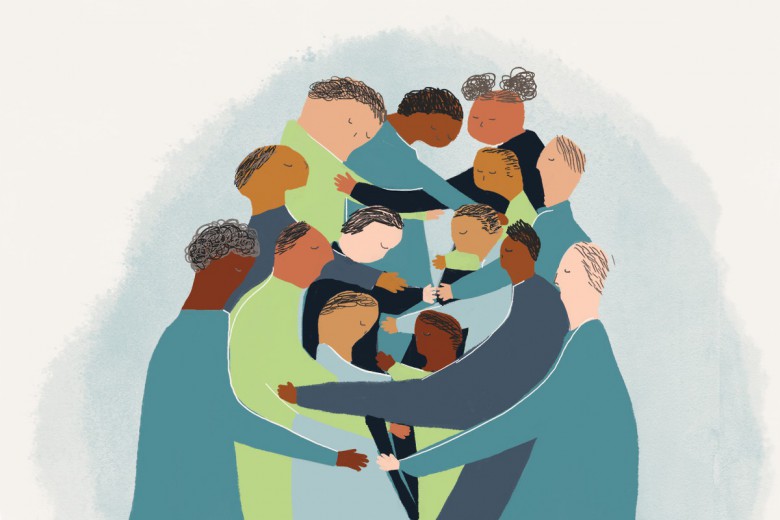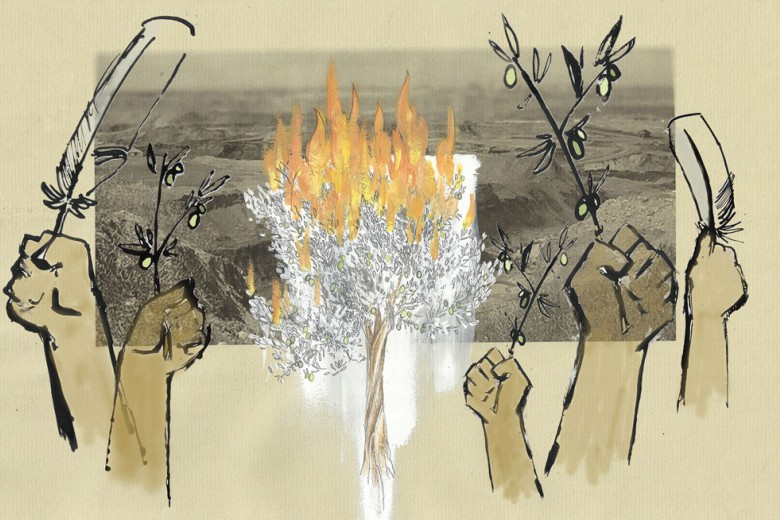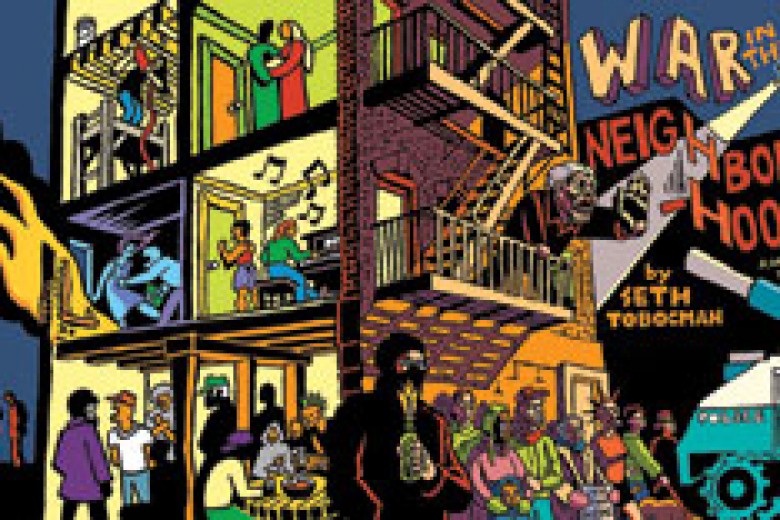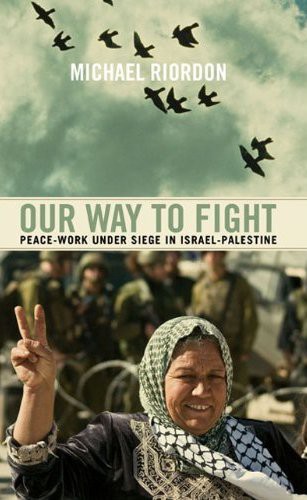
Our Way to Fight: Peace-work under siege in Israel-Palestine
By Micheal Riordon
Pluto Press and Between the Lines (2011)
On April 4, Juliano Mer Khamis, a renowned cultural activist in the struggle against Israeli apartheid, was assassinated outside the centre of his work, the Freedom Theatre, in the occupied West Bank city of Jenin. I was introduced to Mer Khamis, to his principled and courageous work and his inspiring commitment to the liberation of Palestine, in the pages of an equally inspiring book, Our Way to Fight. Read it and you’ll meet Palestinians and Israelis whose struggles for peace, justice and an end to more than half a century of illegal dispossession and brutal occupation, belie the racism and harmful homogenising of history that fuel the current policies of the Zionist state.
The author is Michael Riordon, whose life work has celebrated the power of oral traditions to revisit and revoice history and to promote social change. He has shared a passion for storytelling in many communities and in doing so, has explored, as he puts it, “the worlds of people who live and die beneath official notice” – among them, First Nations youth and queers in Canada, small farmers in rural Mozambique, traditional healers in Fiji and people who work for a just peace on both sides of Israel’s apartheid wall.
In Our Way to Fight, Riordon doesn’t offer stories of struggle on a plate. This is not a copy and paste exercise in historical parallels or one-size-fits-all analysis. He takes the time to encounter, inquire and absorb experience, rather than attempting to acquire it, and thus there is no hero worship or window dressing for philanthropic concern. As a result, the stories in this book are not easy or forgiving, but they dispel the simplistic narratives that litter our discourse — that peace among Arabs and Jews is untenable, or that historical parallels to colonialism and apartheid are unjustified and rooted in anti-Semitism. They introduce us to ordinary people on both sides of the wall, who acknowledge the crisis and its fundamental influence on their lives and their work for peace and justice.
One is Dorothy Naor, a Jewish academic who emigrated to Israel in 1956 with her husband in the hopes of raising a family “in a place of our own, where Jewish custom would be the norm.” She is now 78 years old, an ardent critic of the abuses of occupation and illegal settlement and active in efforts to demilitarize Israeli society. Another is Nasser Abufarha, who grew up on a farm under military occupation and experienced the devastating consequences for rural people. His understanding of the land and its integral place in the culture of Palestinians drives his work to produce and distribute fair trade olive oil from the occupied West Bank. The voice of Dr. Aed Yaghi, born and raised a refugee in Gaza, provides a devastating account of the health care crisis in that beleaguered territory, its residents long under siege and denied the most basic of amenities in contravention of international law. Riordon also recognizes the grassroots activism of those in the diaspora, such as Palestinian-Canadian poet Rafeef Ziadah, whose art and politics are a potent mix in the boycott, divestment and sanctions movement in Toronto.
It is such activism, practiced differently and in a variety of settings, that is under siege in Israel-Palestine and around the world. It is people’s common humanity and their ability to recognize and act against injustice that is threatening and thus under constant threat. Naor, Abufarha, Yaghi and Ziadah, along with many others profiled in the book, do not speak the language of absolutes, quick-fix solutions or inevitable political patch-ups, but in tongues of protracted struggle – of shock, betrayal, injustice, defiance, shifting perceptions, collective action, and of the small but significant victories on the road to a just peace.
It is Riordon’s respect for grassroots action that ensures the depth of their voiced experience resonates on the page. In the current era of “drive-through” media and sound-bite analysis, his book is a reminder that any “way to fight” is best articulated by those who do.


